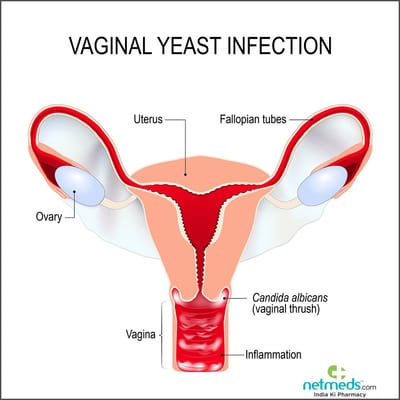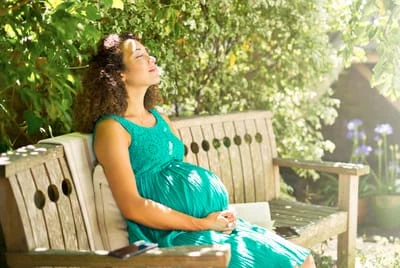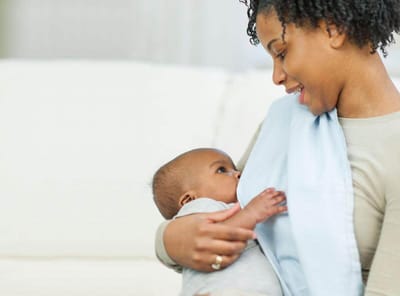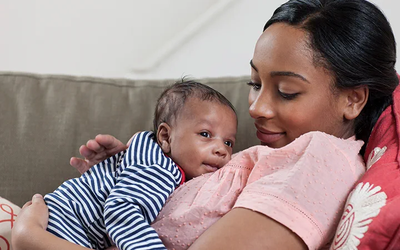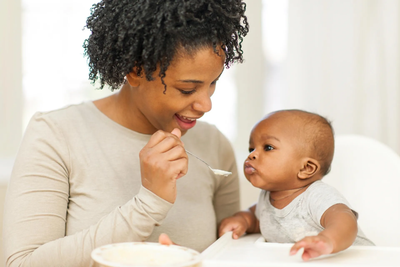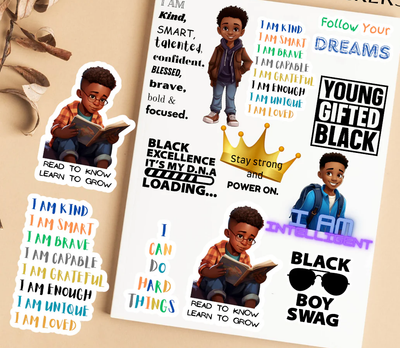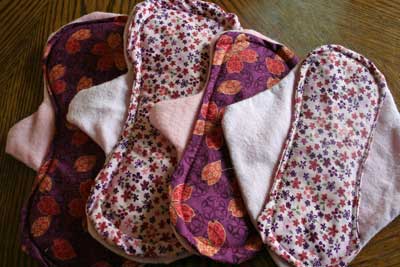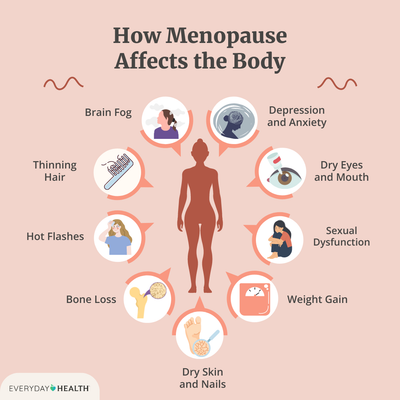for women
A vaginal yeast infection is a type of fungal infection. Your body contains a kind of yeast called candida, which causes vaginal yeast infections. Yeast is a type of fungus, and candida is a specific type of yeast. When this yeast is in balance within your body, there are no problems. But when the yeast is out of balance, it rapidly grows, and you can get a yeast infection. A yeast infection causes burning, itching, redness in your vulva (the outside parts of your vagina) and changes to your vaginal discharge.
Read MoreInfertility is defined as trying to get pregnant with frequent, unprotected sex for at least a year with no success. Infertility results from female factors about one-third of the time and both female and male factors about one-third of the time.
Read MorePregnancy is the term used to describe the period in which a fetus develops inside a woman's womb or uterus. Pregnancy usually lasts about 40 weeks, or just over 9 months, as measured from the last menstrual period to delivery. Health care providers refer to three segments of pregnancy, called trimesters. The major events in each trimester are 1. First trimester (week 1 to week 12) 2. Second trimester (week 13 to 28) 3. Third trimester (week 29 to week 40).
Read MoreBreastfeeding, also called nursing, is the process of feeding a mother's breast milk to her infant, either directly from the breast or by expressing (pumping out) the milk from the breast and bottle-feeding it to the infant. Breastfeeding and breast milk provide an infant with calories and nutrients, including macronutrients (fat, protein, and carbohydrates) and micronutrients (vitamins and minerals).
Read MoreThe weeks after childbirth are a time of adjustment and recovery. Whether you had a vaginal birth or a C-section, you’ll need to remember to take care of yourself during those first few weeks so that you can properly recover. Getting plenty of rest, limiting visitors and establishing a routine with your newborn are all part of this new phase in your life.
Read MoreIntroducing your baby to solid foods, also referred to as weaning or complementary feeding. Your baby should be introduced to a varied diet, alongside their usual breast milk.
Read MoreChildren are more likely to be confident and involved learners when their family and community experiences and understandings are recognized and included in the early childhood setting . This assists them to make connections and to make sense of new experiences
Read MoreOne of the most compelling reasons to switch to reusable pads is because they’re healthier for the skin and body. Disposable pads often contain harmful chemicals such as dioxin and styrene that seep out during use.
Read MoreMenopause is a point in time when a woman has gone 12 consecutive months without a menstrual period. Menopause is a natural part of aging and marks the end of your reproductive years. On average, menopause happens at age 51.
Read More